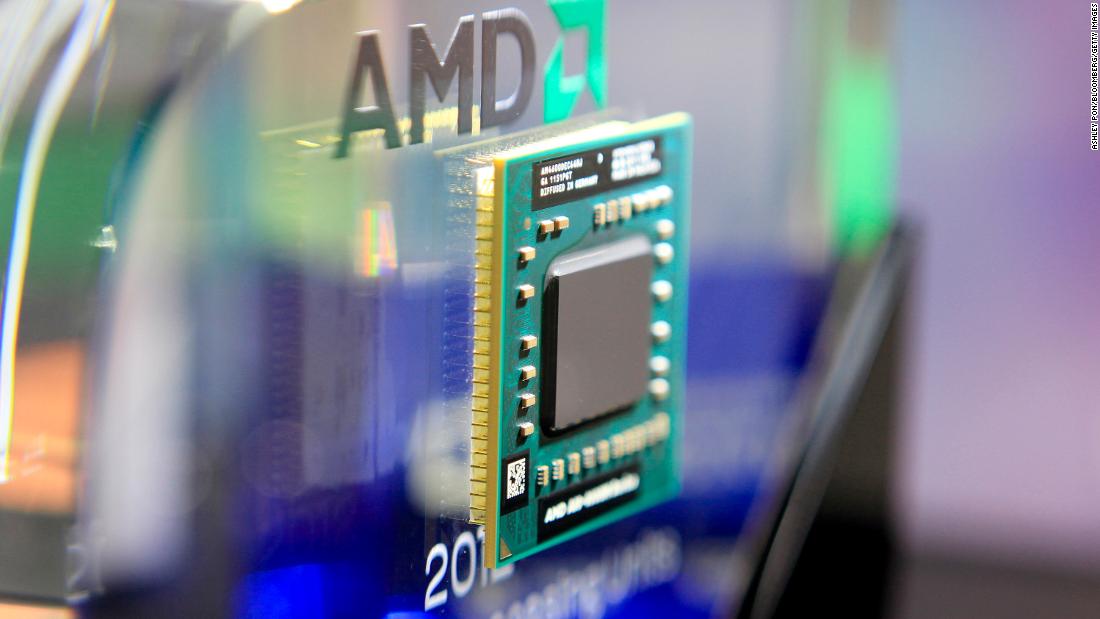White House press secretary Jen Psaki told reporters on Thursday that the government is working to resolve the chip shortage “by identifying potential bottlenecks in the supply chain and working actively with key stakeholders in the industry and with our business partners to do more now. “
She added that Biden also seeks long-term support for the industry.
Biden is expected to sign an executive order in the coming weeks to “conduct a comprehensive review of supply chains for essential goods”, including semiconductors, said Psaki.
A critical industry for both technology and defense
The shortage adds urgency to a long-term conversation involving legislators and chip makers about the need to increase Semiconductor manufacturing capacity in the United States.
Industry leaders say that many more needs being done.
“Our share in global semiconductor manufacturing has continually dropped from 37 percent in 1990 to 12 percent today,” said the CEOs in their Thursday letter to Biden. While the US share of global chip production has declined, China’s share has grown and is now around 12%, experts say.
“This is mainly because the governments of our global competitors offer significant incentives and subsidies to attract new semiconductor manufacturing facilities, while the United States does not,” the group wrote. As a result, they said, “the US technology leadership is at risk in the race for prominence in the technologies of the future, including artificial intelligence, 5G / 6G and quantum computing”.
The industry group called the CHIPS Act an “important first step” and urged Biden to allocate resources for such incentives, including tax credits or concessions, as part of its management’s infrastructure and recovery plans.
“Working with Congress, your government now has a historic opportunity to fund these initiatives to make them a reality,” said the group. “We believe that bold action is needed to meet the challenges we face. The costs of inaction are high.”
Such advice could be instructive when the Biden government conducts its review of the semiconductor supply chains – part of the planned executive order that Psaki said will be signed in the coming weeks.
“The review will focus on identifying the immediate actions we can take, from improving the physical production of these items in the U.S. to working with allies to develop a coordinated response to the weaknesses and bottlenecks that are hurting American workers,” said Psaki.
